The Dangote Petroleum Refinery, boasting a massive capacity of 650,000 barrels per day, is on the verge of commencing the sale of Premium Motor Spirit (PMS), commonly known as petrol. This development, as reported by Reuters, comes after a series of challenges, including crude oil shortages and regulatory disputes, which have delayed the refinery’s operations.
Nigeria’s ongoing fuel crisis has left the nation grappling with long queues and soaring prices. With the Nigerian National Petroleum Corporation (NNPC) struggling under a $6 billion debt to oil traders, the supply of gasoline has become increasingly erratic. Amidst these challenges, the Dangote Refinery’s imminent gasoline delivery offers potential relief. But will it be enough to stabilize the market, or are deeper systemic issues at play?
The NNPC’s financial burden has severely hindered its capacity to import and distribute fuel, exacerbating the fuel scarcity that has persisted since July. Fuel prices have spiked by 45% from the official rate of 617 Naira per liter, announced after the removal of subsidies last year. This has raised concerns about the NNPC’s ability to continue supplying the local market, especially in light of its substantial debt.
In a move that could potentially alleviate the crisis, the Dangote Refinery is poised to begin distributing gasoline. According to Devakumar Edwin, Vice President at Dangote Industries Limited, the refinery is currently testing the product, with plans to begin distribution soon. However, Edwin did not specify when the gasoline would hit the market, stating only that “we are testing the product (gasoline) and subsequently it will start flowing into the product tanks.” He also mentioned that the NNPC would be the exclusive buyer of Dangote’s gasoline. Edwin added, “If no one is buying it, we will export it as we have been exporting our aviation jet fuel and diesel.”
Despite the optimism surrounding the Dangote Refinery’s gasoline production, industry experts like Clementine Wallop, Director for Sub-Saharan Africa at Horizon Engage, have raised critical concerns. Wallop emphasized that while the refinery’s output is timely, it “prompts the question of how NNPC will manage purchasing from Dangote and impresses the need for greater transparency in its finances.” This insight highlights the ongoing financial challenges within the NNPC and the complexities of the Nigerian fuel market.
As Nigeria awaits the distribution of gasoline from the Dangote Refinery, the question remains: Can this new supply help resolve the nation’s fuel crisis, or will the NNPC’s financial struggles continue to hinder progress? The answers will depend on how effectively the NNPC manages its purchasing strategy and overall market transparency moving forward.



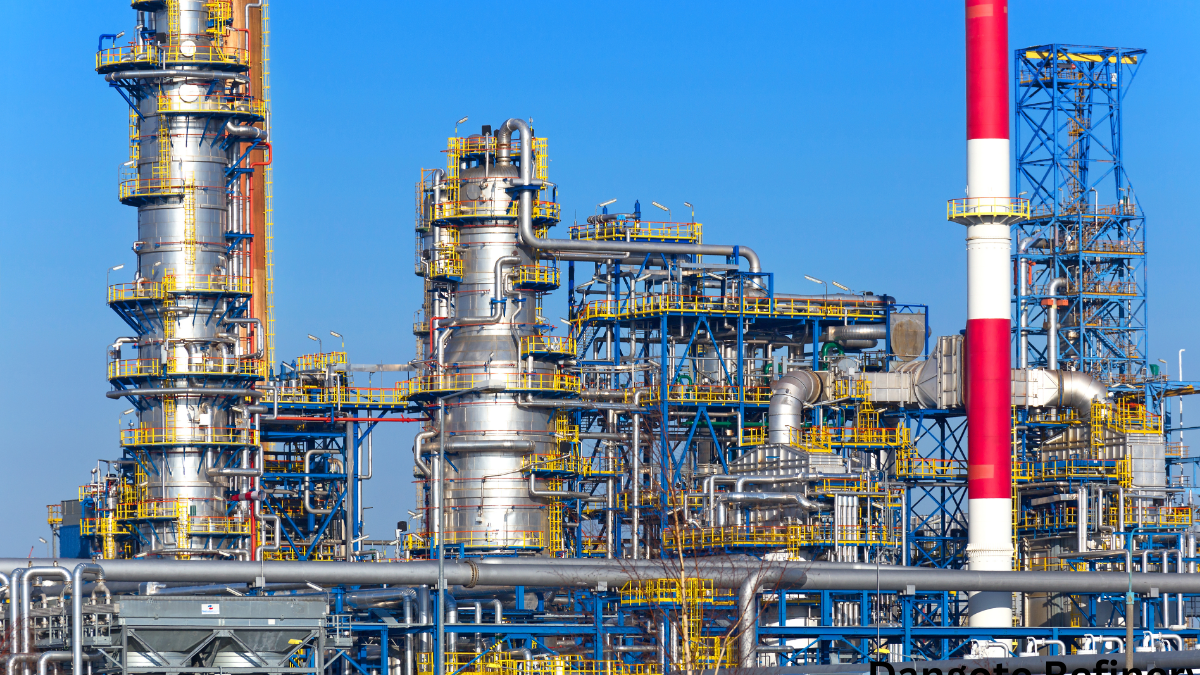
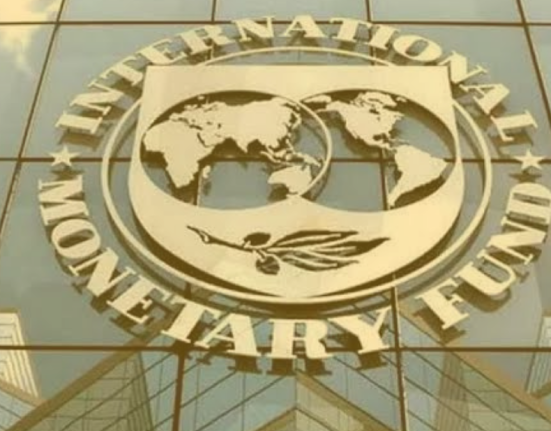
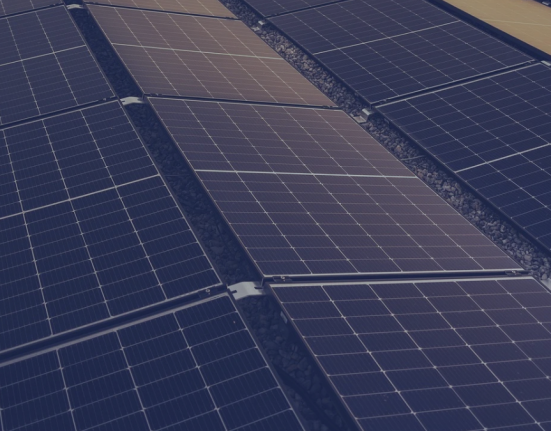

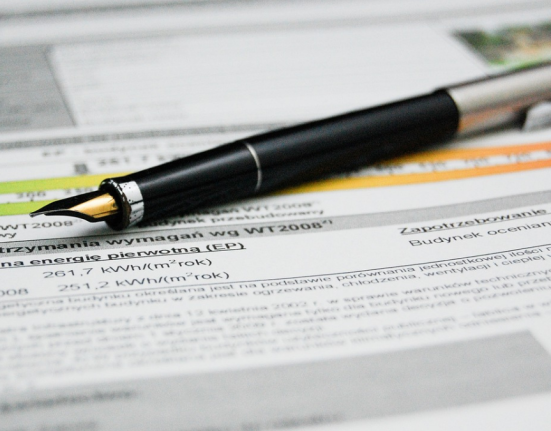
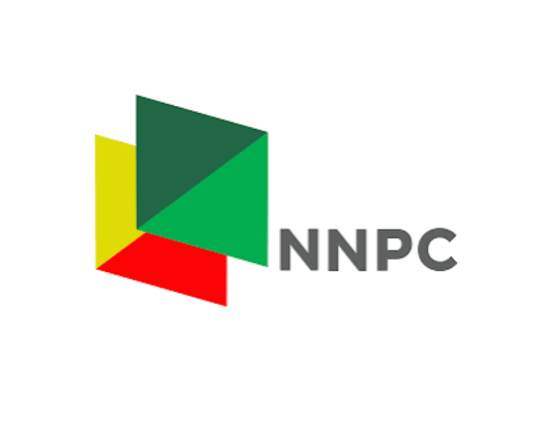
Leave feedback about this